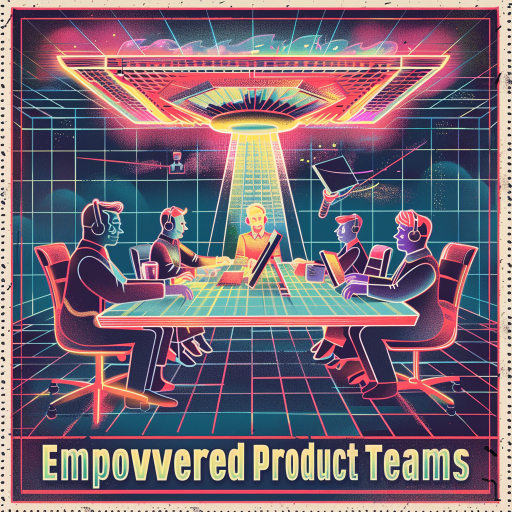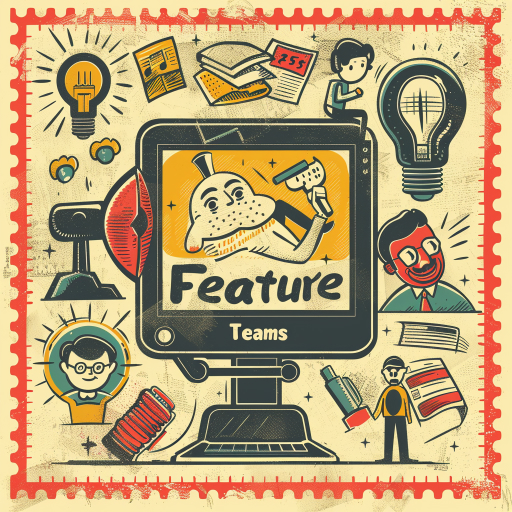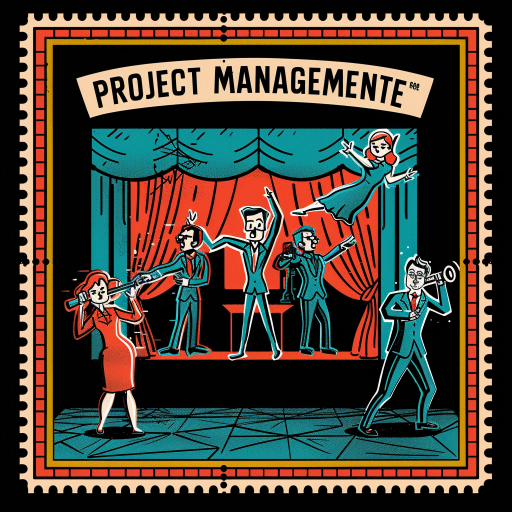Why Marty Cagan Thinks Your Product Manager Might Be Useless

In the ever-evolving world of product management, few voices carry as much weight as Marty Cagan's. With over 20 years of experience helping product teams and managers improve their craft, Cagan has become a go-to authority in the field. Cagan's background includes significant roles at companies like Hewlett-Packard, Netscape Communications, and eBay.
Product Management Theatre

Cagan doesn't mince words when describing what he calls "product management theatre" - a phenomenon where people carry the title of product manager without truly fulfilling the role. He argues that many companies, especially outside of Silicon Valley, have created an abundance of roles that don't add real value:
I decided to illustrate what this looks like, for people that are not familiar with all of the bloat that you get in product management with large companies.

This "theater," according to Cagan, often results in product managers who are dramatically overpaid for the value they provide, essentially functioning as project managers rather than true product leaders.
The Solution focus on outcomes not outputs
Outcome teams and feature teams represent two fundamentally different approaches to product development. This distinction is crucial for companies aiming to innovate and create products that truly resonate with users and drive business growth.
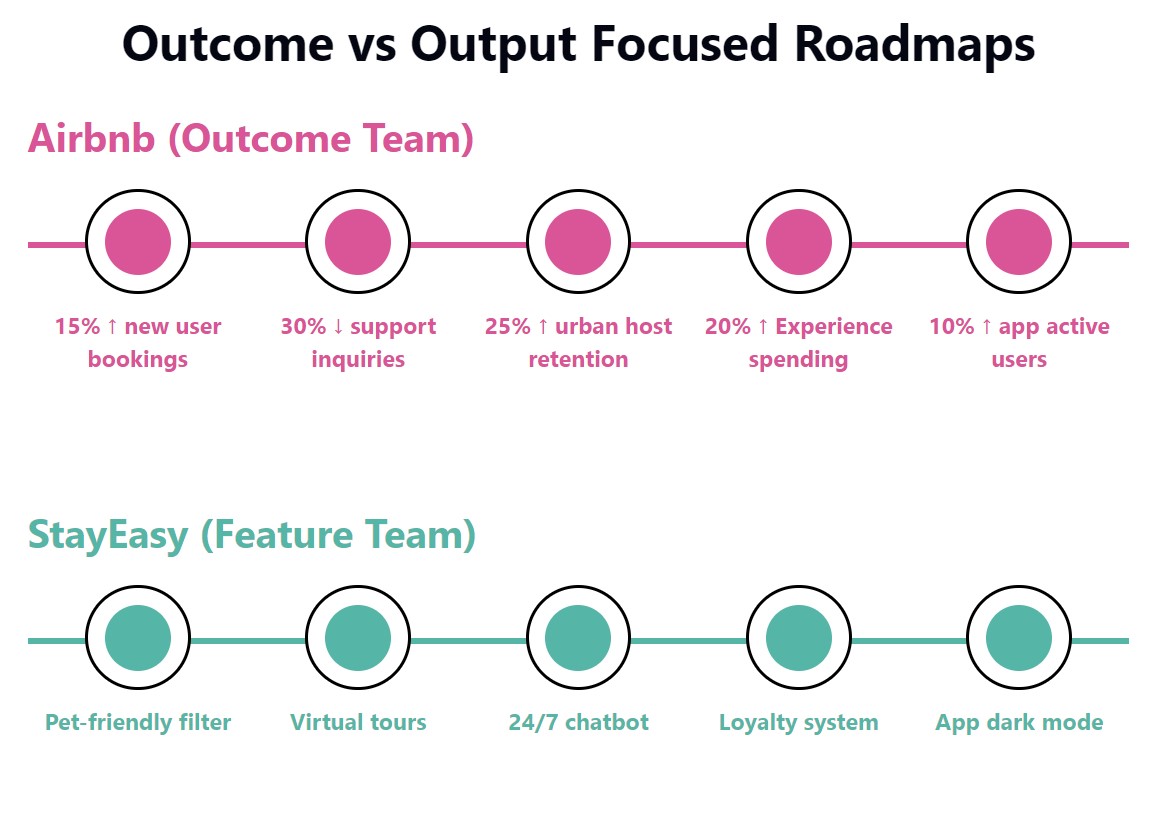
Airbnb (Outcome-focused): Prioritizes specific, measurable improvements in key business and user experience metrics.
StayEasy (Output-focused): Focuses on implementing new features and functionalities.
Key Differences:
- Airbnb's roadmap items are tied to specific, measurable outcomes that impact the business and user experience.
- StayEasy's roadmap lists concrete features to be developed, without explicit ties to business outcomes.
- Airbnb's approach allows for flexibility in how outcomes are achieved, potentially fostering more innovative solutions.
- StayEasy's approach might lead to quicker, visible product changes, but may not necessarily address core business needs or user pain points.
 Airbnb Up House - from their 2024 release
Airbnb Up House - from their 2024 release
Outcome Teams: Empowered Problem Solvers
Outcome teams are empowered to solve specific problems and achieve measurable results that directly impact the business and user experience. They're given the autonomy to explore various solutions, pivot when necessary, and focus on delivering value rather than just shipping features.
For example, an outcome team might be tasked with increasing user engagement by 20%, allowing them to investigate root causes and implement creative solutions. This approach encourages innovation and a deep understanding of user needs.
Feature Teams: Executing the Roadmap
In contrast, feature teams are primarily focused on delivering a predefined set of features or functionalities, often working from a fixed roadmap. While this approach can lead to predictable output, it may not always result in meaningful outcomes or solve core user problems.
A feature team might be assigned to implement a new dashboard without necessarily tying it to a specific business goal. This can lead to a "checkbox" mentality where features are completed without a clear understanding of their impact.
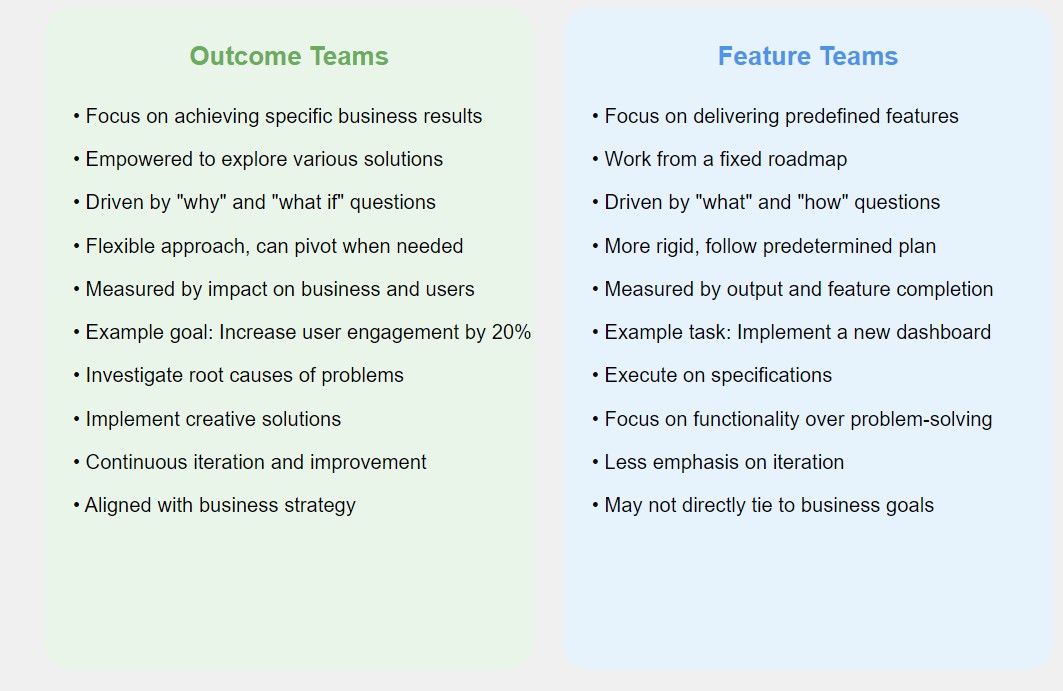
The Crucial Difference: Mindset
The key difference lies in the mindset: outcome teams are driven by the "why" and "what if," constantly questioning and iterating to achieve results, while feature teams are more focused on the "what" and "how," executing on a predetermined plan.
Feature Teams vs. Empowered Product Teams
A key distinction Cagan makes is between "feature teams" and "empowered product teams." Feature teams are given a roadmap of outputs - specific features to build. Empowered product teams, on the other hand, are given problems to solve and outcomes to achieve.

Cagan argues that real product management only becomes necessary when teams are empowered to solve problems and deliver outcomes, not just features.

The Skills of a Real Product Manager
So what makes a "real" product manager? According to Cagan, it's about being responsible for value and viability. This means:
- Becoming an expert on users and customers
- Understanding product usage data deeply
- Representing compliance, sales, marketing, and financial issues
- Bringing deep market understanding to the team
Cagan emphasizes that a product manager should be a creator, not just a facilitator.
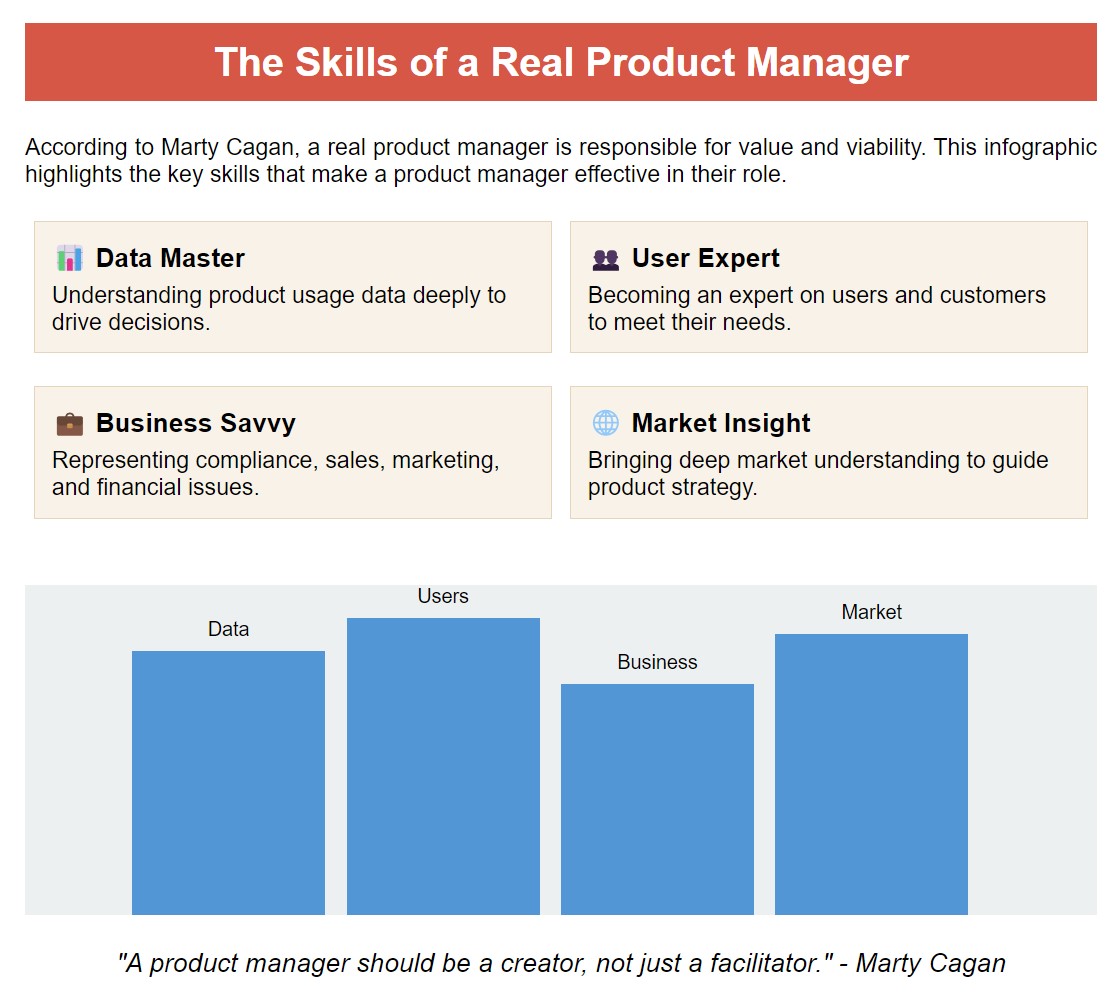
The Impact of AI on Product Management
When it comes to the future of product management, Cagan sees AI as both a threat and an opportunity. He warns that those functioning primarily as backlog administrators or project managers may find their roles automated. However, for empowered product managers focused on value and viability, AI presents new challenges and opportunities.

Transforming Product Management
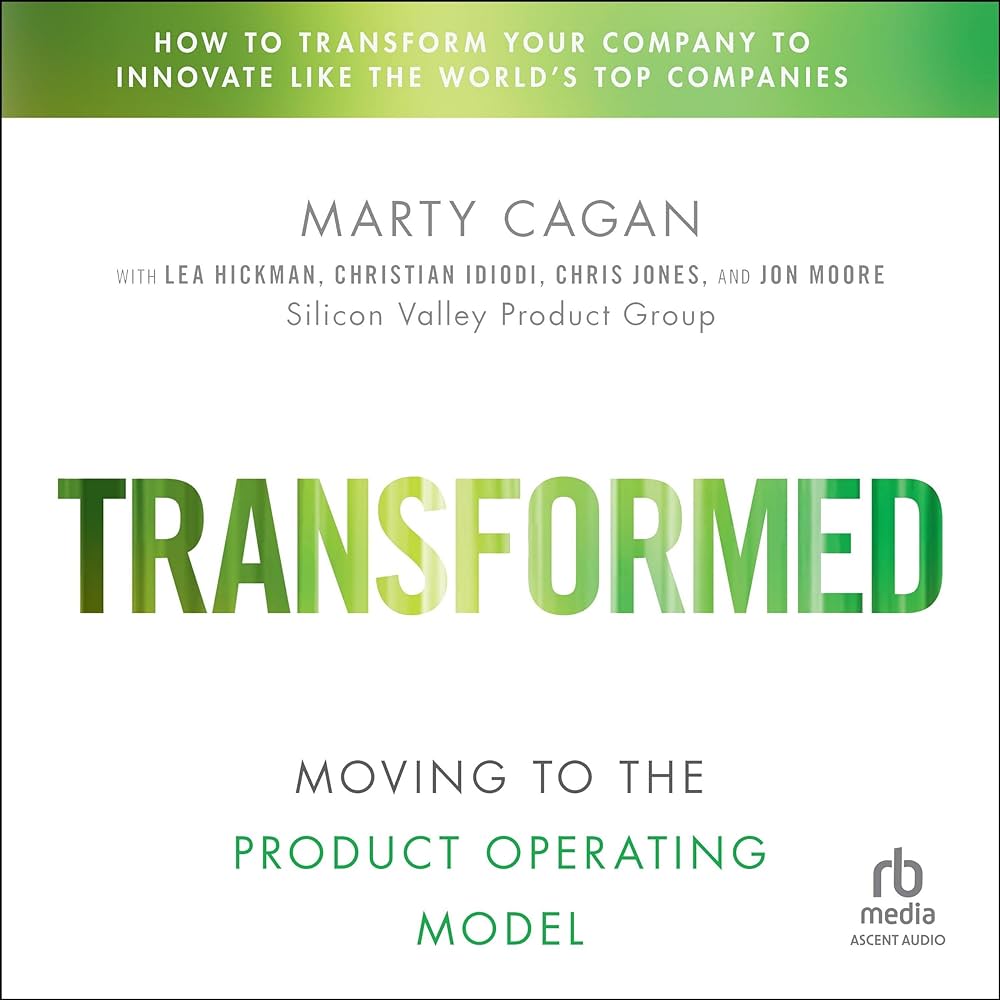
View it on Amazon here
Cagan's new book, "TRANSFORMED," aims to address a common question he's received over the years: How can companies change to work like the best product organizations? The book provides transformation techniques and case studies from companies outside of Silicon Valley, demonstrating that this change is possible even for traditional businesses.
Watch the full Youtube video with Lenny below:
Postage Stamps
Hi! Postage stamps are a new hobby of mine, and I've decided to create stamps that reflect the articles I write. This way, I can look back over time and make an awesome collection of all the stamps.
So for each article I create a stamp that reflects the content. Here are the stamps for this article:
